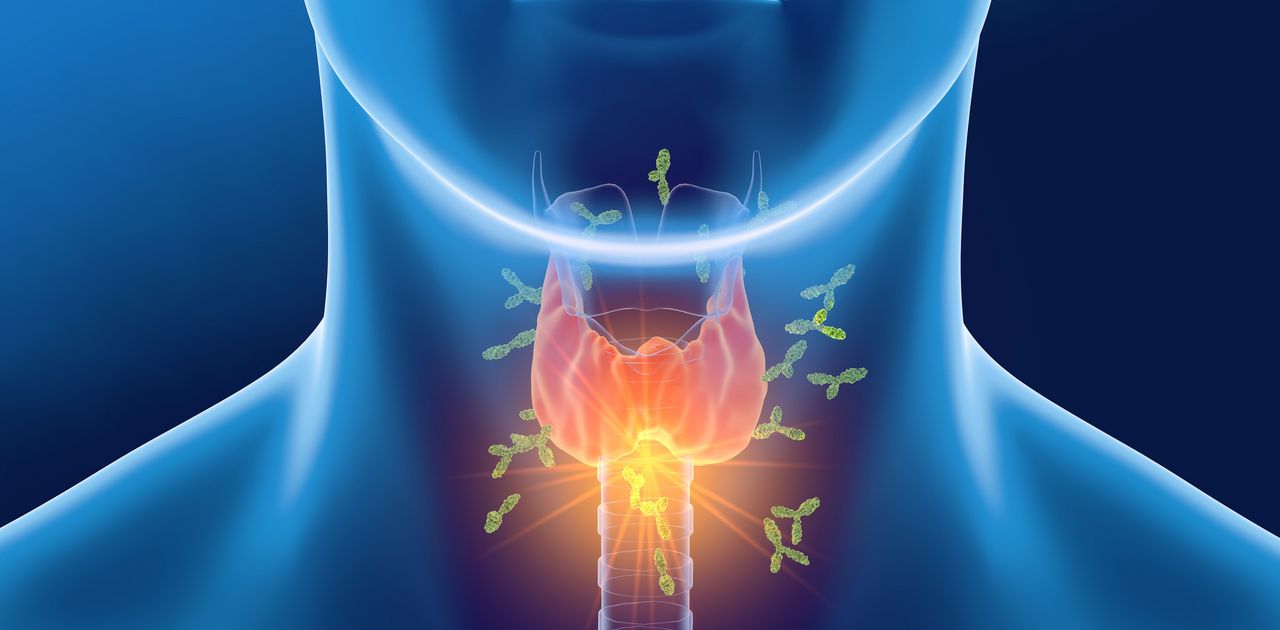

In naturopathic practice, we recognize the profound impact the thyroid gland has on almost every aspect of health, from energy and metabolism to mood and mental clarity.
When thyroid function is compromised, many individuals experience symptoms like fatigue, weight gain, brain fog, and sensitivity to cold. Sound familiar? Desiccated thyroid extract (DTE) offers a more holistic approach to restoring thyroid balance. Here, we’ll explore the benefits of desiccated thyroid, particularly from a naturopathic perspective, and discuss how it compares to synthetic T4 medications, such as levothyroxine.
The Importance of T3 and T4 in Thyroid Health
The thyroid gland produces two main hormones: T4 (thyroxine) and T3 (triiodothyronine). T3 is the active form of thyroid hormone, which means it is the primary hormone that exerts effects in the body’s cells, boosting energy, metabolism, and mental clarity. T4, on the other hand, is an inactive precursor. For T4 to be useful to the body, it must first be converted into T3. This conversion process occurs in various tissues, including the liver and kidneys, and can be influenced by factors like genetics, stress, diet, and overall health.
In naturopathic practice, we often see that some individuals struggle with this conversion, leading to suboptimal T3 levels even when T4 levels appear normal. This is why desiccated thyroid, which contains both T4 and T3, may be a better choice for patients who need more support to experience symptom relief. If you think this may be your case, don’t fear, help is available.
What is Desiccated Thyroid?
Desiccated thyroid extract (DTE) is a natural, whole thyroid glandular medication derived from pigs. Unlike synthetic T4 medications, desiccated thyroid contains both T4 and T3, along with trace amounts of T2, T1, and calcitonin. This full spectrum of thyroid hormones can help create a more balanced and natural hormonal support for those who struggle to convert T4 into T3 effectively.
The Naturopathic Benefits of Desiccated Thyroid
- Direct Support with Active T3
Because desiccated thyroid contains T3, it offers direct support to those who need active thyroid hormone right away, rather than relying on the body’s T4-to-T3 conversion. This can lead to faster symptom relief, especially for fatigue, mental clarity, and mood stability. - More Natural, Whole-Body Approach
Naturopaths focus on using natural, whole-body solutions that mirror the body’s natural processes. Desiccated thyroid is a closer match to what the human thyroid gland produces, providing a balanced hormone profile that the body can recognize and utilize effectively. - Support for Metabolism and Weight Management
T3 plays a crucial role in metabolism. Those with hypothyroidism or impaired T4-to-T3 conversion often experience difficulty with weight management. By providing active T3 directly, desiccated thyroid may help improve metabolic rate, aiding with healthy weight management and energy production. - Enhanced Mood and Mental Clarity
T3’s active nature means it can have a more immediate impact on brain function, potentially helping individuals with hypothyroidism who struggle with low energy, mood fluctuations, and mental fog. Patients often report clearer thinking and greater emotional balance on desiccated thyroid. - Steady, Balanced Hormonal Support
With both T4 and T3 in one medication, desiccated thyroid can offer a stable foundation for thyroid health, supporting both immediate and long-term thyroid hormone needs.
Desiccated Thyroid vs. Levothyroxine: A Naturopathic Perspective
Levothyroxine, a synthetic T4-only medication, is the most commonly prescribed thyroid medication and relies on the body’s ability to convert T4 into the active T3. However, this conversion can vary from person to person, with factors like stress, nutritional deficiencies, and genetic variances influencing how efficiently T4 is converted. This means that for some individuals, levothyroxine alone may not provide sufficient active T3, leaving them with lingering symptoms.
In contrast, desiccated thyroid provides both T4 and T3 directly, which may be better suited for those whose bodies need extra T3 support or who experience challenges with the T4-to-T3 conversion. While T4-only medications can be predictable in their dosing, desiccated thyroid’s natural profile aligns with a naturopathic philosophy of using the full spectrum of thyroid hormones to support overall well-being.
Is Desiccated Thyroid Right for You?
As a naturopathic doctor, I often assess the whole picture of thyroid health and consider each individual’s unique physiology. Desiccated thyroid is not a one-size-fits-all solution, but for those needing direct support with T3, it can be a valuable option in managing hypothyroid symptoms naturally.
If you’re considering thyroid hormone therapy and are interested in a more comprehensive, natural approach, consult a qualified naturopathic doctor who can guide you through the process. Through testing and personalized care, you can find the solution that best supports your overall health and vitality.
Additional Supports Thyroid Hormone provides include Cholesterol balance as well as hormonal balance:
1. Increased Cholesterol Levels
Low thyroid function can lead to high cholesterol, especially LDL (“bad”) cholesterol. Since thyroid hormones play a role in cholesterol metabolism, inadequate thyroid function slows the body’s ability to clear cholesterol from the bloodstream. Research from the The Framingham Heart Study has consistently found that subclinical hypothyroidism correlates with higher total cholesterol and LDL cholesterol levels, particularly in cases where thyroid-stimulating hormone (TSH) levels are slightly elevated but within subclinical ranges. This increase in cholesterol poses additional risks for cardiovascular disease, making thyroid function an essential factor in managing lipid levels effectively.
2. Impact on Estrogen Metabolism and Estrogen Dominance
Low thyroid function can alter the body’s estrogen metabolism, often resulting in a state called estrogen dominance. This occurs when there’s too much estrogen relative to progesterone. Hypothyroidism affects the liver’s ability to break down and clear excess estrogen, which can lead to an accumulation of estrogen in the body. Additionally, when thyroid function is low, cells may be more sensitive to estrogen’s effects.
Symptoms of Estrogen Dominance Include:
- Mood swings and irritability: High estrogen levels relative to progesterone can cause mood fluctuations and heightened irritability.
- Heavy or irregular periods: Too much estrogen can lead to heavier, longer, or irregular menstrual cycles.
- Breast tenderness and fibrocystic breasts: Estrogen dominance can cause breast tissue to become swollen and tender, sometimes resulting in lumpy, dense breast tissue.
- Bloating and water retention: High estrogen levels can contribute to bloating and fluid retention.
If you need your thyroid hormone levels and function assessed, consider seeing a licensed naturopathic doctor.
Yours in Health,
Dr. Negin

